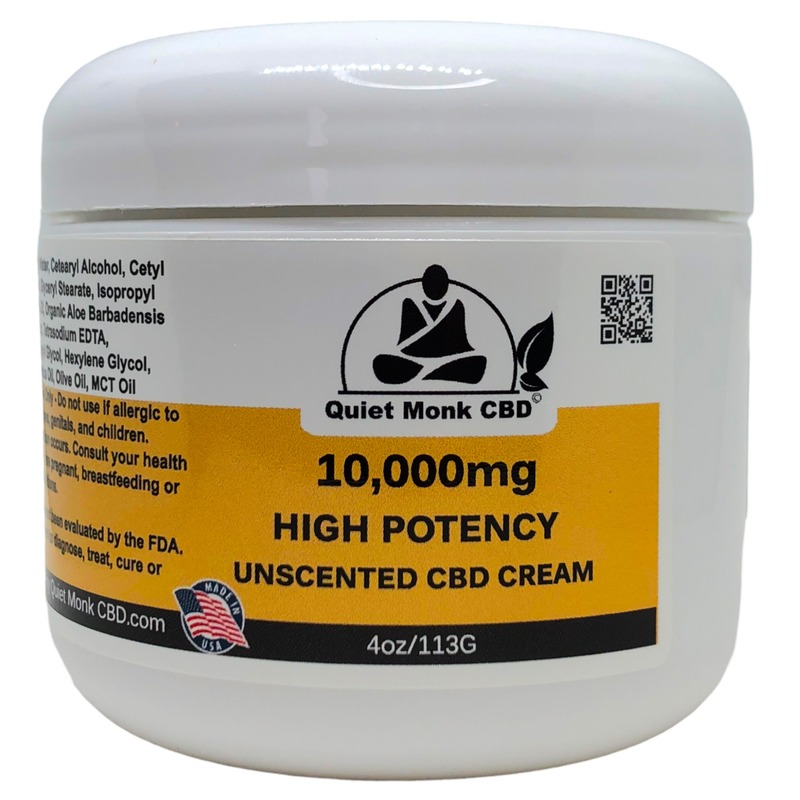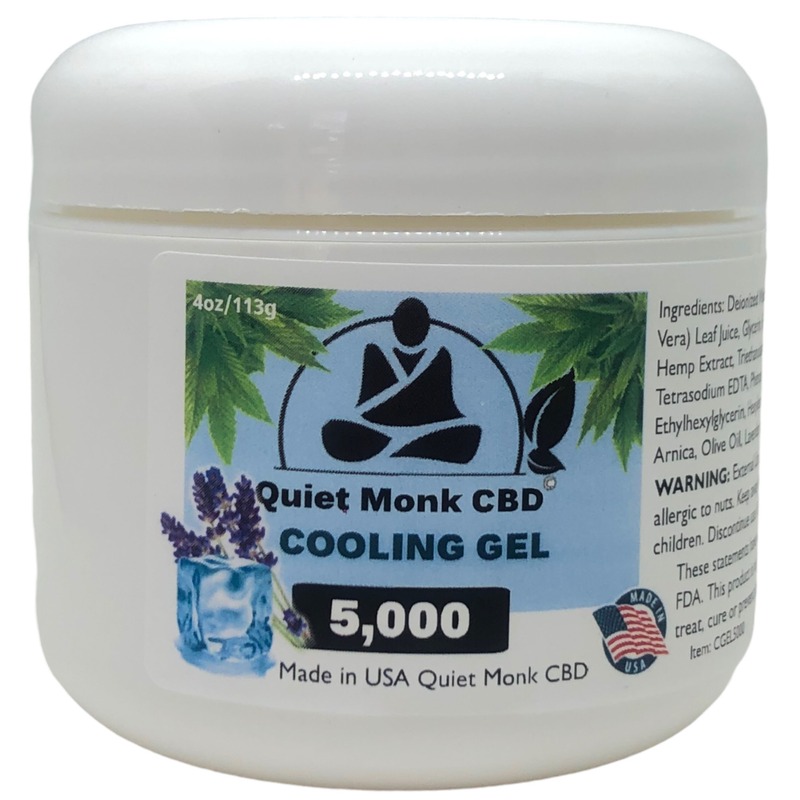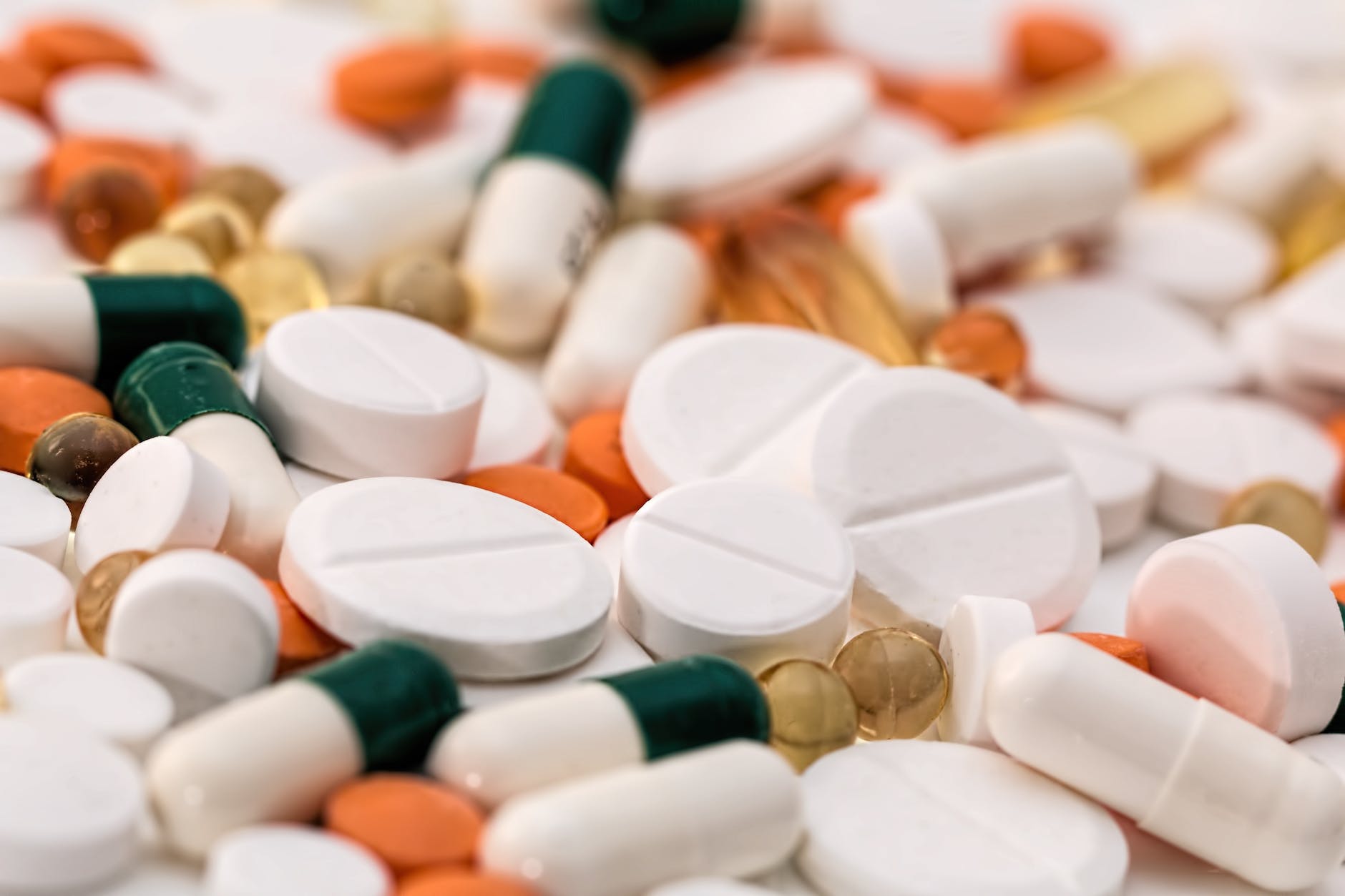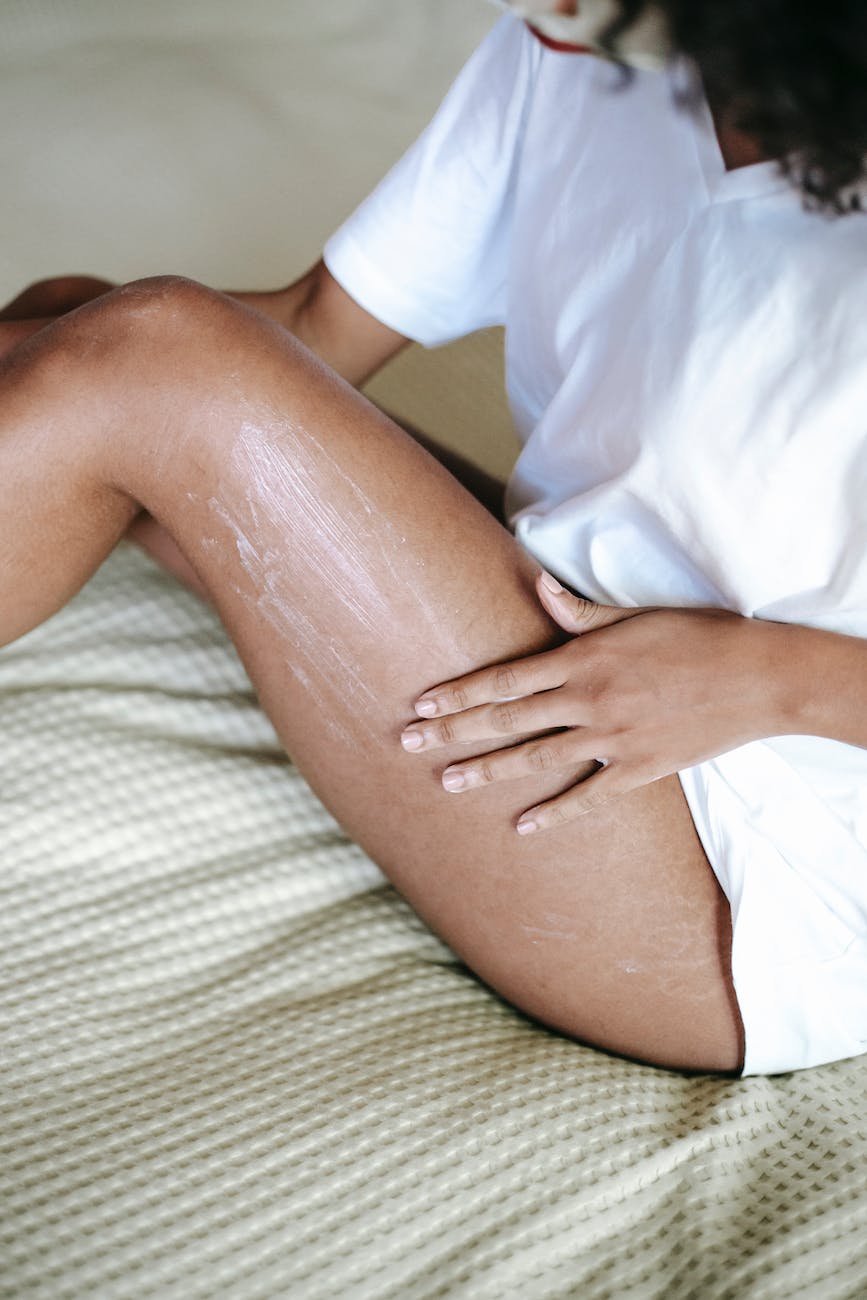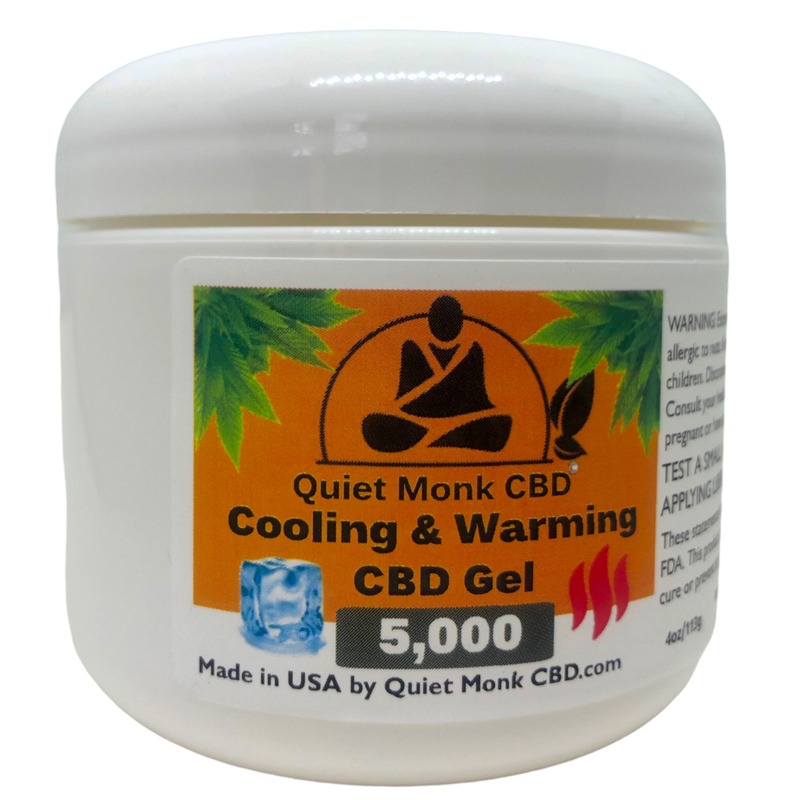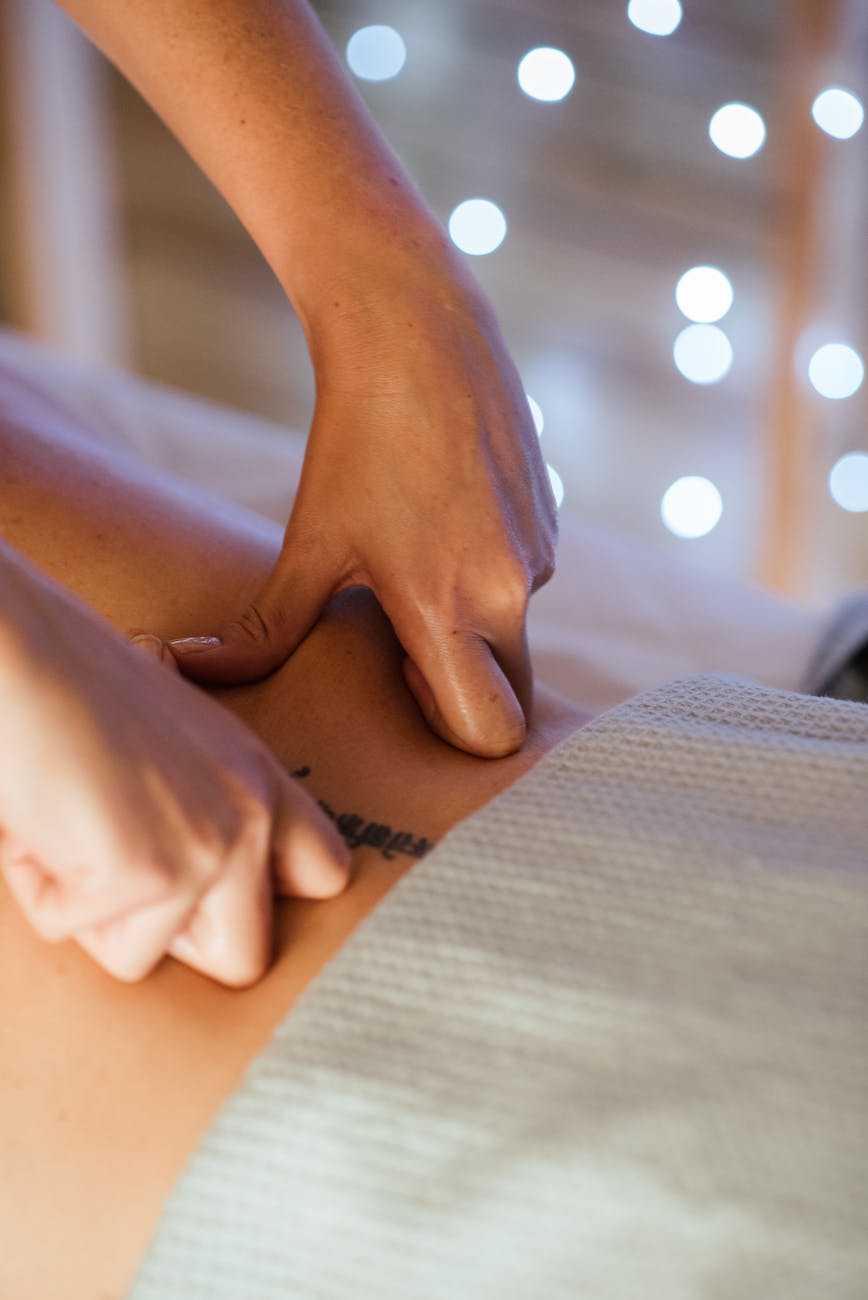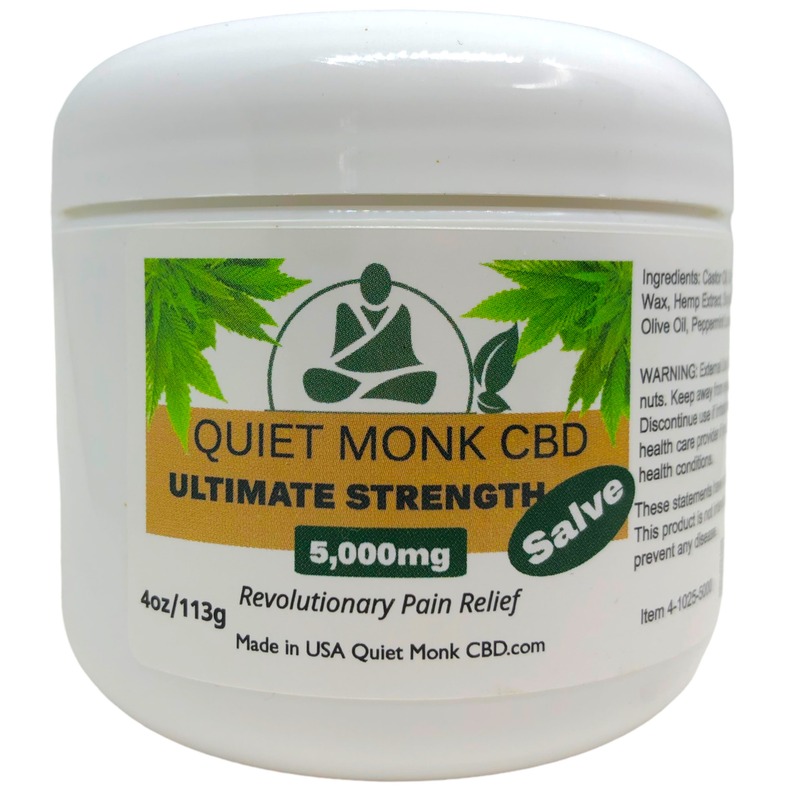As more people turn to CBD for pain relief, relaxation, and other health benefits, it’s important to understand the legal considerations when using CBD cream. While CBD is legal in many states, there are still some restrictions and regulations you need to be aware of to ensure compliance with local laws. In this article, we’ll discuss the legal considerations you need to keep in mind when using CBD cream, and how to make sure you’re complying with local laws and regulations.

What is CBD Cream?
CBD cream is a topical product that contains cannabidiol (CBD), a compound derived from the cannabis plant. CBD has been shown to have a range of health benefits, including pain relief, reduced inflammation, and improved sleep. CBD cream is typically used for localized pain and inflammation, and is applied directly to the skin.
Understanding the Legal Status of CBD Cream
The legal status of CBD cream varies depending on where you live. In the United States, CBD derived from hemp with less than 0.3% THC is legal under federal law. However, some states have their own laws and regulations that may restrict the sale and use of CBD products.
It’s important to note that CBD cream is not legal in all countries. Some countries have strict laws regarding the use of cannabis and CBD products, and it’s important to research the laws in your country before using CBD cream.
FDA Regulations for CBD Products
The FDA has not yet approved CBD for use in food, dietary supplements, or cosmetic products. This means that CBD cream and other CBD products are not regulated by the FDA, and manufacturers are not required to meet any specific standards or guidelines.
However, the FDA has issued warning letters to some CBD manufacturers for making unproven health claims about their products. It’s important to look for CBD cream products that are backed by scientific research and have been tested for quality and purity.
State Laws and Regulations for CBD Cream
In addition to federal laws, each state has its own laws and regulations regarding the sale and use of CBD products. Some states allow the sale of CBD products in stores and online, while others have more restrictions.
It’s important to research the laws in your state regarding the sale and use of CBD products, as well as any labeling or packaging requirements. Some states require CBD products to be labeled with specific information, such as the amount of CBD per serving and the total amount of CBD in the product.
How to Ensure Compliance with Local Laws and Regulations
To ensure compliance with local laws and regulations when using CBD cream, there are several steps you can take:
- Research the laws in your state regarding the sale and use of CBD products.
- Look for CBD cream products that are backed by scientific research and have been tested for quality and purity.
- Read the label and packaging of CBD cream products carefully to ensure they meet any labeling or packaging requirements in your state.
- Only purchase CBD cream from reputable manufacturers and retailers.
- Consult with a healthcare professional before using CBD cream, especially if you are taking any medications or have any medical conditions.
Finding Quality CBD Cream Products
When shopping for CBD cream, it’s important to look for products that have been tested for quality and purity. Look for products that have been third-party tested, meaning they have been tested by an independent laboratory and the results are available for consumers to see. This ensures that the product contains the amount of CBD listed on the label.
You should also look for CBD cream products that use high-quality, organic ingredients. This can help ensure that the product is safe for use and free from harmful chemicals.
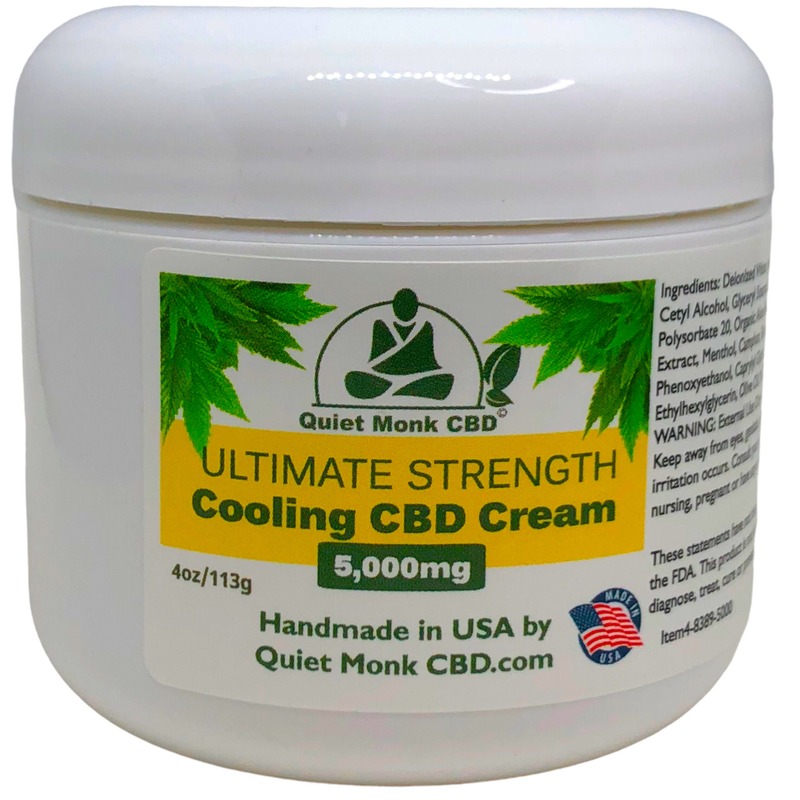
Using CBD Cream Safely
While CBD cream is generally considered safe for use, there are some precautions you should take to ensure you’re using it safely:
- Start with a small amount of CBD cream and gradually increase the amount as needed.
- Avoid applying CBD cream to broken or irritated skin.
- Wash your hands thoroughly after applying CBD cream.
- Store CBD cream in a cool, dry place, away from direct sunlight.
It’s also important to talk to your healthcare provider before using CBD cream, especially if you’re taking any medications or have any medical conditions.
Potential Side Effects of CBD Cream
CBD cream is generally well-tolerated, but some people may experience side effects, including:
- Skin irritation
- Allergic reactions
- Dry mouth
- Drowsiness
- Changes in appetite
If you experience any of these side effects, stop using CBD cream and talk to your healthcare provider.
FAQs
- Is CBD cream legal?
- The legality of CBD cream varies depending on where you live. In the United States, CBD derived from hemp with less than 0.3% THC is legal under federal law, but some states have their own laws and regulations that may restrict the sale and use of CBD products.
- How do I ensure compliance with local laws and regulations when using CBD cream?
- To ensure compliance with local laws and regulations when using CBD cream, research the laws in your state, look for products that are backed by scientific research and have been tested for quality and purity, read the label and packaging carefully, only purchase from reputable manufacturers and retailers, and consult with a healthcare professional before use.
- What are the potential side effects of using CBD cream?
- The potential side effects of using CBD cream include skin irritation, allergic reactions, dry mouth, drowsiness, and changes in appetite.
- How do I find high-quality CBD cream products?
- Look for CBD cream products that have been third-party tested for quality and purity, use high-quality, organic ingredients, and are backed by scientific research.
- Is it safe to use CBD cream?
- CBD cream is generally considered safe for use, but it’s important to talk to your healthcare provider before use, especially if you’re taking any medications or have any medical conditions.
Conclusion
When using CBD cream, it’s important to understand the legal considerations and ensure compliance with local laws and regulations. By researching the laws in your state, looking for high-quality products, and using CBD cream safely, you can enjoy the benefits of CBD while staying within the bounds of the law.

